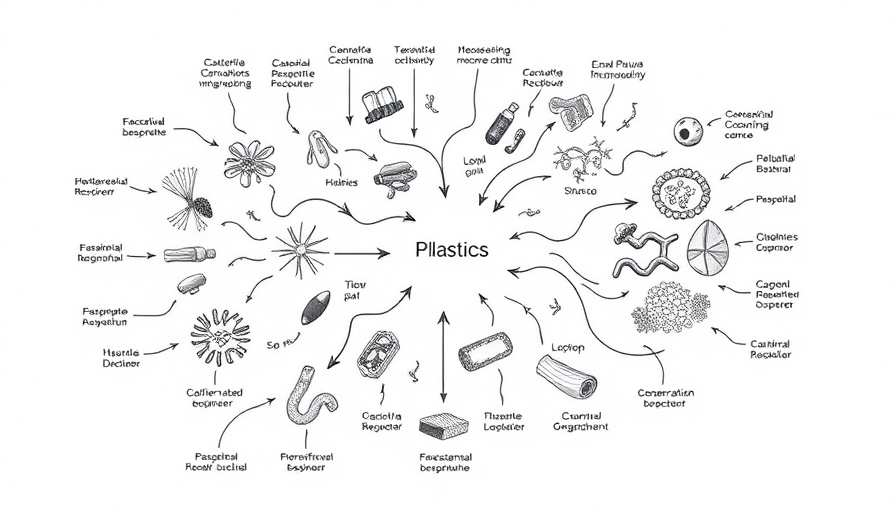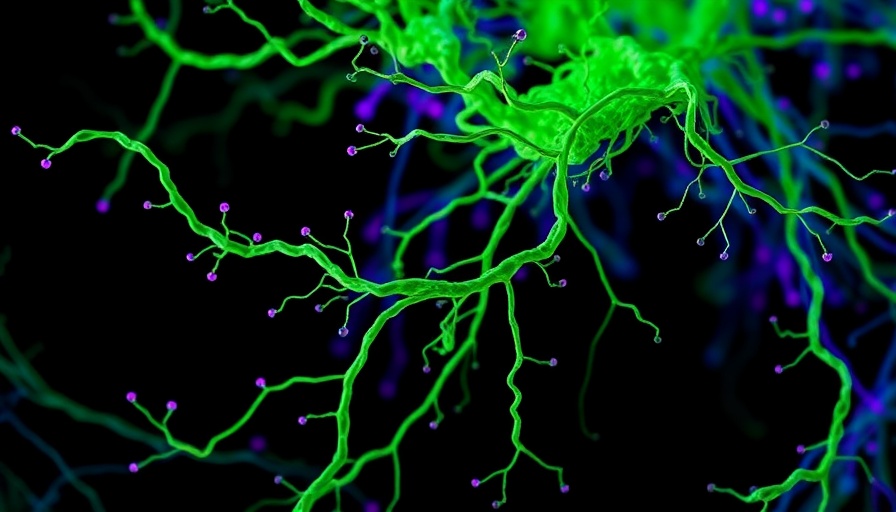
Discovering New Enzymes: A Breakthrough in Plastic Decomposition
Scientists from Leiden University have made an exciting discovery that could change the way we tackle the global plastic crisis. They have identified a new enzyme found in the bacterium Paracoccus denitrificans that supports bacterial growth on ethylene glycol, a key component derived from polyethylene terephthalate (PET) plastics commonly used in everyday products like water bottles and food containers.
Historical Context: Bacteria vs Plastic
For years, plastic was considered nearly indestructible in nature. The recognition that some bacteria could break it down was a remarkable turning point in ecological science. A decade ago, this discovery sparked hopes that with further research, we could vastly improve these processes to speed up plastic decomposition. However, previous methods to convert plastics into reusable materials were not efficient enough to keep pace with the growing plastic waste.
How Enzymes Work: An Everyday Analogy
The role of enzymes is crucial in breaking down substances, similar to how our bodies break down alcohol. Just like enzymes process ethanol from beer into less harmful chemicals, the newly discovered enzyme allows bacteria to utilize ethylene glycol effectively. This similarity makes it easier to understand the potential impact of this finding on sustainable solutions for plastic waste.
The Benefits of a Common Cofactor
One of the groundbreaking aspects of this enzyme is that it operates with a cofactor that is widely available. Previous research focused on enzymes that required rare cofactors, making them less practical for real-world applications. The availability of this common cofactor enhances the feasibility of employing this process on a larger scale, paving the way for more innovative biotechnological solutions to combat plastic pollution.
Future Insights: What Lies Ahead
With this discovery, the potential to convert plastics into usable materials expands significantly. Researchers believe this enzyme could lead to a new era where plastics are not just waste but resources that can be transformed into various useful products. The prospects of biotechnological advancements could contribute significantly to sustainable practices in various industries.
Call To Action: Be Part of the Solution
As we stand on the brink of a breakthrough in addressing plastic pollution, it’s crucial for all of us to stay informed about advancements in biotechnology that may pave the way for a cleaner planet. Explore more about sustainable living practices and support initiatives that encourage innovative research in environmental science. Together, we can make a difference!
 Add Row
Add Row  Add
Add 




 Add Row
Add Row  Add
Add 

Write A Comment